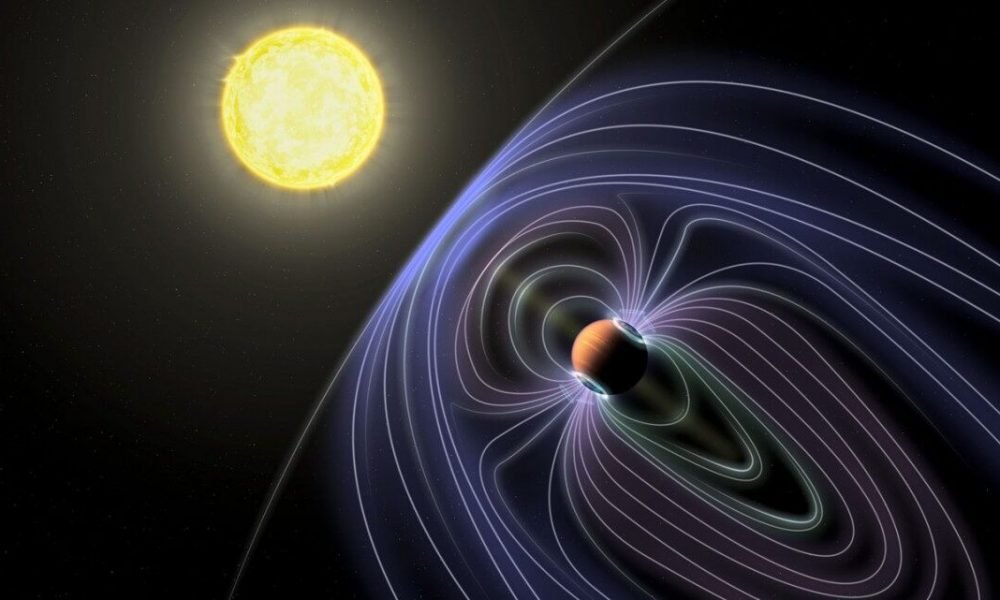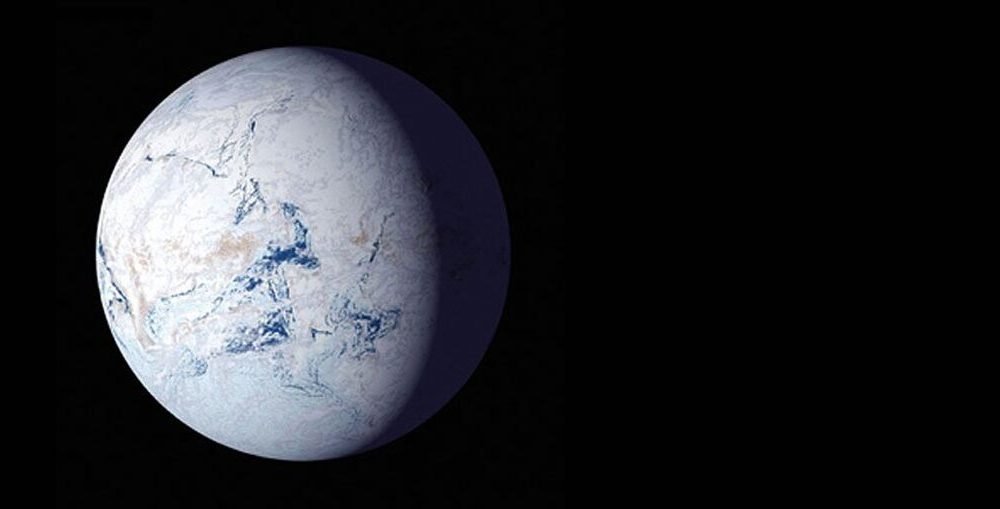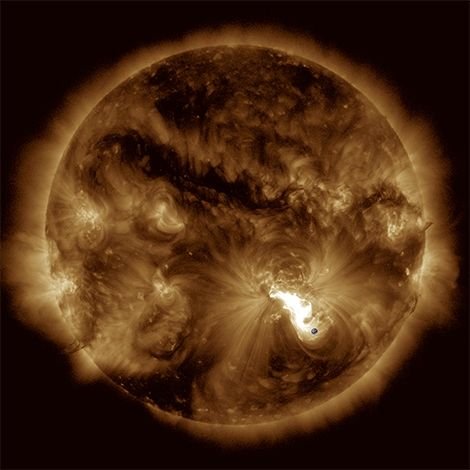Maybe the factor we have not discovered E.T. yet is he’s wrapped braving some seriously winter.
A brand-new study recommends that frozen alien planets might in fact have a higher opportunity to support complicated life than initially thought.
These so-called “snowball planets”– which are referred to as “Earthlike planets with oceans frozen to the equator”– were long believed to be hostile to life, however the brand-new study recommends that a few of these exoplanets could have locations of land that have temperature levels that are thought about habitable.
NEARBY ‘SUPER-EARTH’ MIGHT BE HABITABLE, NASA RECOMMENDS

An artist’s performance of what a snowball world may appear like. Ice covers the oceans to the equators. (Credit: NASA)
“You have these planets that traditionally you might consider not habitable and this suggests that maybe they can be,” stated the study’s lead author, Adiv Paradise, in a declaration.
While scientists have actually understood that a few of these “snowball” planets have sea ice near their equator, Paradise kept in mind that “all of our life was in our oceans” throughout the early part of Earth, which went through its own snowball stage early on.
“There’s nothing about the land,” he included.
Paradise and the other scientists carried out countless simulations with different environments on the “snowball planets,” utilizing inputs such as energy and co2 levels. In some simulations, temperature levels near the equator of these snowball planets were above 50 degrees Fahrenheit.
NASA DISCOVERS ‘EXTREME’ ALIEN WORLD THAT’S FORMED LIKE A FOOTBALL
“Due to their lower albedo, these unfrozen regions reach summer temperatures in excess of 10 [degrees] Celsius,” the study’s abstract checks out. “Such conditions permit [carbon dioxide] weathering, suggesting that continental weathering can provide a mechanism for trapping planets in stable snowball states. The presence of land areas with warm temperatures and liquid surface water motivates a more‐nuanced understanding of habitability during these snowball events.”
It was formerly believed that any co2 elimination stopped when a world went into the snowball stage, as all of the surface area water would be frozen and the loss of the gas would stop. But the study discovered that the snowball planets can continue to lose CO2 even if they remain in the frozen state, which would suggest “the planets would have to have some non-frozen ground and occasional rainfall for water to continue to remove carbon dioxide from the atmosphere.”
Thestudy was released in Journal of Geophysical Research: Planets last month.
CLICK ON THIS LINK TO GET THE FOX NEWS APP















